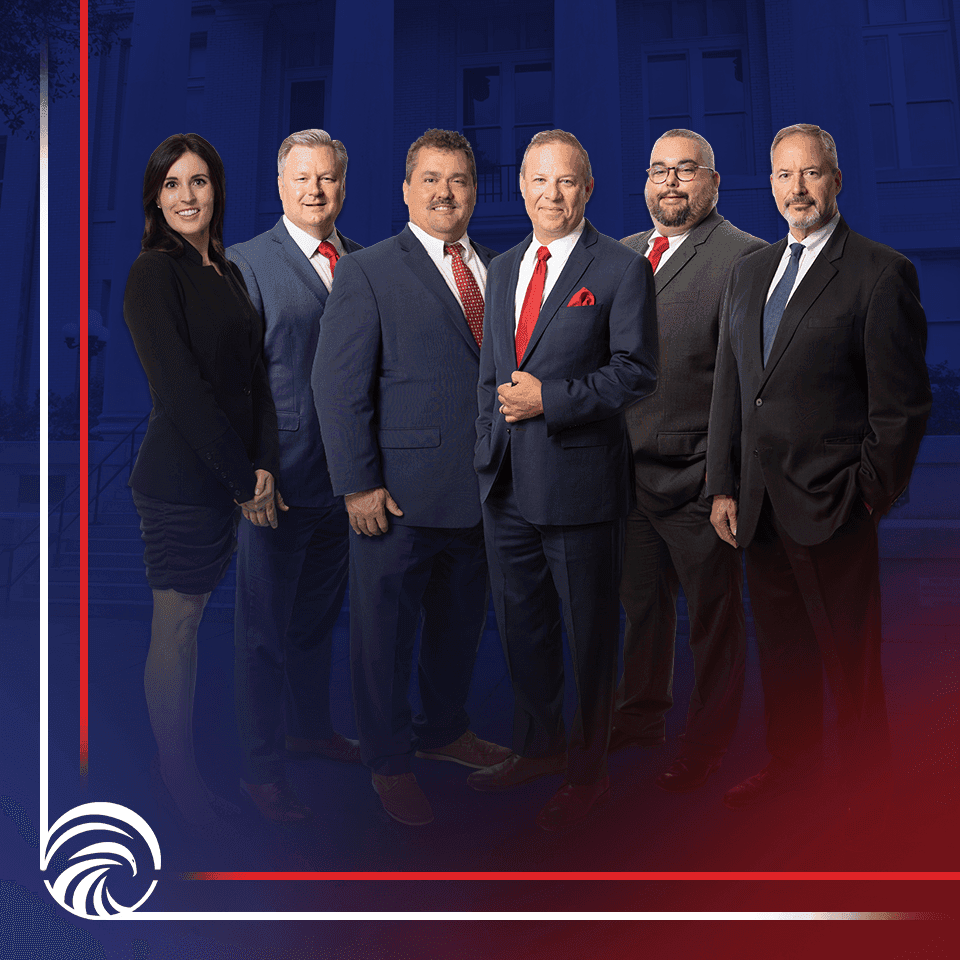

What Sets Us Apart From The Rest?
Pittman Agner is here to help you get the results you need with a team you can trust.
-
Committed to the Best ResultOur team of skilled and dedicated attorneys has the drive, resources, and knowledge to obtain the best possible result on your behalf. Regardless of your situation, we make your case our mission.
-
Committed to Treating You With Respect
Agner Pittman is a family and when we take on your case, you become part of that family. We work one on one with you to ensure we obtain the best possible outcome on your behalf.
-
Committed to Keeping You InformedAt the end of the day, this is your case and your future. We want to make sure at all steps of your case that you are confident in the decisions being made and are informed of your options.
-
Committed to Doing What's Right
At Agner Pittman we pride ourselves on delivering the quality legal counsel we would want for ourselves and our families. We will do what's in your best interest at all times.

What to Expect Throughout the Legal Process
When a minor is charged with DWI in North Carolina, the process often starts with a traffic stop, field sobriety tests, and arrest by law enforcement. For defendants under age 18, charges typically involve contact with a juvenile intake counselor who assesses the case and may refer it to juvenile court. However, under North Carolina law, DWI and other Chapter 20 motor vehicle offenses committed by juveniles—especially those ages 16 and 17—are generally prosecuted in adult court, not juvenile court, due to statutory exceptions. Juvenile court is designed for rehabilitation, but DWI charges often bypass juvenile proceedings and proceed directly to Lenoir County District Court in Kinston, where standard adult criminal procedures and penalties are applied.
If a younger child (usually under age 16) is charged, the case may still start in the juvenile justice system with an emphasis on rehabilitation and alternative sanctions. For older teens, or if the offense is especially serious, the matter will be resolved in adult criminal court, where harsher penalties and long-lasting consequences—including license suspension, fines, and a criminal record—are possible. The distinction between juvenile and adult court is crucial, as adult court offers fewer protections and more severe outcomes.
Our juvenile DUI lawyers help families through each phase.
- Initial consultation: A confidential review of your child’s case, immediate legal advice, and a customized plan for next steps.
- Case investigation: Careful review of all facts (breath tests, police conduct, documentation, and administrative actions) to challenge weaknesses.
- Engagement with local agencies: Direct communication with Lenoir County counselors, school resource officers, and community programs to advocate for your child’s best interests.
- Personalized defense planning: Building a defense that prioritizes diversion, alternative sentencing, or program eligibility in Kinston, if available.
- Constant updates: Maintaining ongoing communication and guidance, ensuring families always know the current status and next steps.
Throughout this process, we answer every question and clarify each deadline so families never feel left in the dark. We'll explain hearings regarding license revocation or eligibility for limited driving privileges.
We represent young clients at all court appearances, negotiate with prosecutors for constructive alternatives, and offer comprehensive support with any court-ordered requirements. Because a single misstep can cause delays or harsher penalties, we are committed to close, attentive case management from start to finish, minimizing stress and confusion for families navigating the Kinston justice system.
